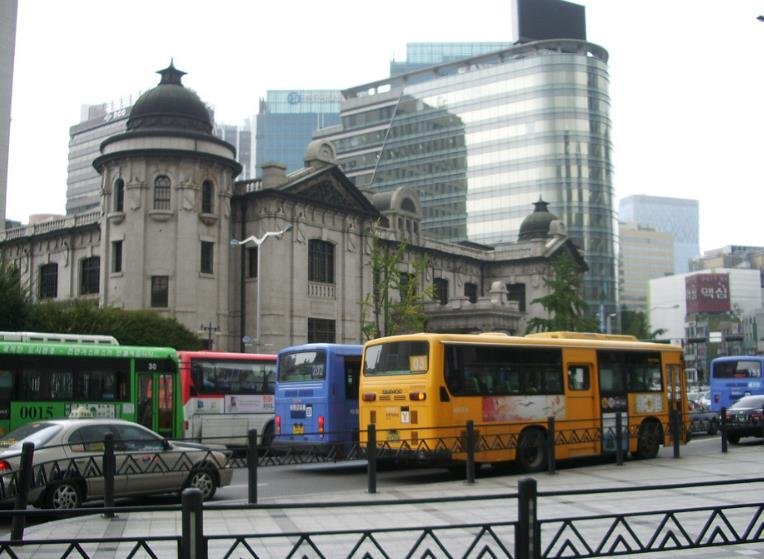North Korea is tightening its grip on the financial sector, urging banks to seize idle local and foreign currencies as the nation grapples with economic hardships.
North Korean authorities have recently mandated commercial banks to ramp up efforts in collecting idle currencies from the public. This directive, spearheaded by the Central Bank and the Cabinet’s State Planning Commission, is a clear response to the country’s ongoing economic struggles and a dire shortage of foreign currency.
The focus is particularly sharp on regional commercial banks, which are now under pressure to enhance their foreign currency management and secure liquidity. This move aims to stabilize the economy by ensuring that more money flows through official channels rather than remaining stagnant in private hands.
- Increased Bank Visits: Banks are actively reaching out to enterprises, urging them to settle transactions through official channels.
- Employee Enrollment: Efforts are being made to enroll bank employees in savings products to encourage personal savings.
- Enhanced Deposit Systems: In Kaesong, banks have upgraded their systems to facilitate easier deposits and withdrawals for businesses.
These steps are part of a broader strategy to ensure that the state can better manage and utilize the country’s limited financial resources.
The Kaesong Focus: Why It Matters
Kaesong, a city known for its special economic zone, is now at the heart of North Korea’s currency collection strategy. Authorities believe that businesses and residents in Kaesong are holding substantial amounts of foreign cash, which is critical for the local economy.
Economic Significance of Kaesong:
- Specialty Crops: Many enterprises in Kaesong cultivate high-value crops like ginseng, which are used to produce liquor and other food products for sale.
- Autonomous Trade: Businesses in Kaesong engage in trade independently, generating significant foreign currency earnings.
By targeting Kaesong, the government aims to tap into these economic activities to bolster the national treasury and reduce the scarcity of foreign currency.

Public Response: Frustration and Resistance
The directive has not been met without resistance. Residents of Kaesong have expressed frustration with the aggressive tactics employed by banks to collect idle cash. Many argue that the closure of the Kaesong Industrial Complex has severely impacted their ability to save money, as opportunities to earn foreign currency have dwindled.
Common Public Concerns:
- Lack of Funds: “We don’t have the extra money to deposit,” says a local resident. “After the Industrial Complex shut down, there’s nowhere to earn foreign currency.”
- Economic Impact: The absence of foreign income sources makes it difficult for individuals and businesses to comply with the new banking directives.
This pushback highlights the delicate balance the government must maintain between enforcing economic policies and addressing the needs of its citizens.
Bank Operations: Challenges and Adaptations
North Korean banks in Kaesong are under immense pressure to comply with the new orders. Employees are finding it increasingly difficult to meet the government’s expectations, especially given the limited financial resources available in the city.
Operational Adjustments:
- Specialized Teams: Banks have formed dedicated teams focused on increasing deposits from enterprises.
- Proactive Outreach: Since October 30, representatives have been visiting factories and businesses to explain the benefits of depositing funds and using the bank’s payment systems.
- Neighborhood Engagement: For the first time, banks are reaching out to ordinary citizens through neighborhood watch units to promote savings products.
Despite these efforts, the lack of available funds in Kaesong poses a significant hurdle, making it challenging for banks to achieve the desired results.
Economic Implications: What Lies Ahead
North Korea’s intensified efforts to collect idle currency come at a critical time. The country is facing severe economic challenges, exacerbated by international sanctions and internal inefficiencies. By mobilizing more financial resources through official channels, the government aims to stabilize the economy and improve liquidity.
Potential Outcomes:
- Increased State Control: Greater control over financial resources could lead to more effective economic planning and resource allocation.
- Economic Stabilization: Improved liquidity might help alleviate some of the immediate economic pressures faced by the nation.
- Public Discontent: Continued resistance from the public could lead to increased dissatisfaction and potential unrest if economic conditions do not improve.
The success of these measures will largely depend on the government’s ability to balance enforcement with addressing the underlying economic issues that prevent individuals and businesses from saving.
Future Prospects: Navigating Economic Struggles
As North Korea continues to grapple with its economic woes, the effectiveness of these banking reforms remains to be seen. The focus on Kaesong highlights the importance of regional economic hubs in the national economy, but it also underscores the broader challenges the country faces in managing its finances and supporting its citizens.
Will these intensified efforts lead to meaningful economic improvement, or will they exacerbate public frustration and economic instability? Only time will tell as North Korea navigates its path through these turbulent economic times.








